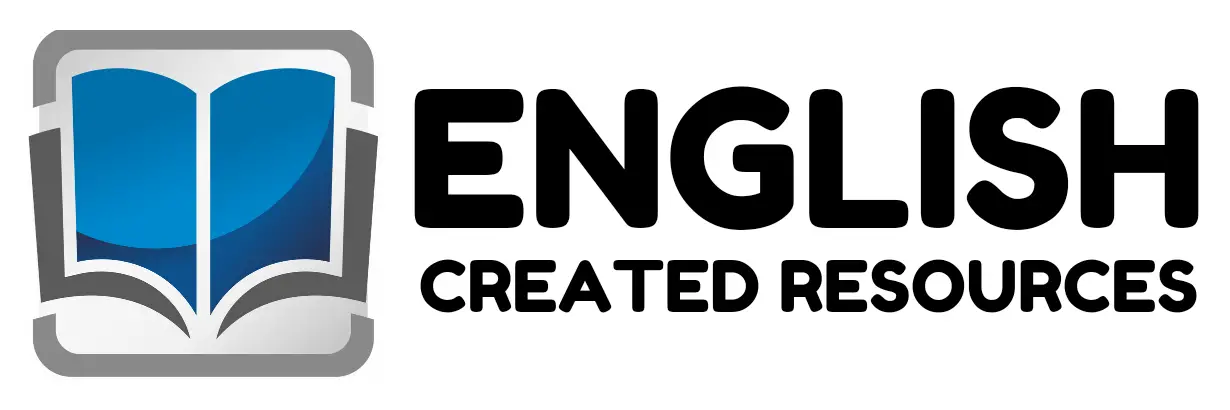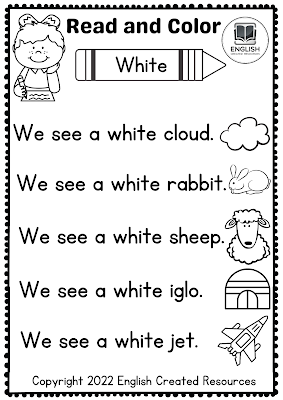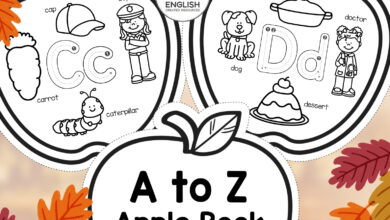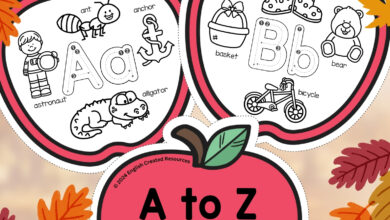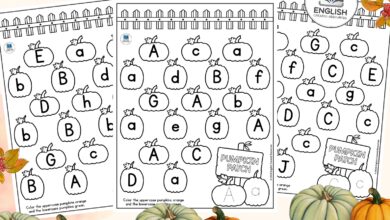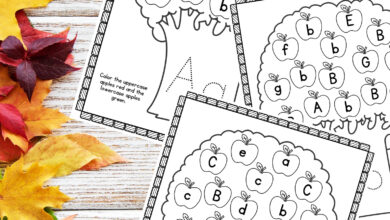
Read and Color. Simple Sentences. Reading with children early in life benefits them in many ways, including promoting their school readiness skills. In fact, children who are read to at home at least three times per week are nearly twice as likely to score in the top 25% of reading scores compared with children who are read to less than that. Reading aloud to children helps them develop a variety of skills.
It helps them learn new words, exposes them to new ideas, helps develop language skills, strengthens their reading comprehension, and encourages their imagination. Each of these skills is important as children develop more advanced skills and become readers. Reading with children promotes important language and prereading skills while also supporting the bond caregivers share with children.
Well, yes, while reading is obviously important to be able to understand the words on the page, it is also the foundation of your ability to learn and ultimately, your ability to function properly in an ever-changing society. Do you remember as a child when you learned to read? Most of us probably don’t, but now you can’t imagine life without being able to.
You couldn’t understand anything on Facebook, you wouldn’t be able to text or even bake a few of your favorite chocolate chip cookies. Something as simple as reading the clothing label on your favourite shirt for washing instructions would be impossible without the ability to read.
While learning to read independently is necessary for a child’s growth and development, there are also many important benefits of reading aloud to your child. This post takes you through some of the key benefits of reading to children and interesting statistics about the impacts of reading aloud! From enhanced literary skills to a stronger parent-child bond between you, there’s no doubt you’ll want to make reading aloud with your child part of your daily routine.
Sometimes parents of beginning readers wonder if their child is on track with reading. They don’t understand why their child can’t read a word today they were able to read yesterday. They think their child reads too slowly. They grumble that their child only wants to read the same book over and over again.
Most beginning readers are inconsistent. They may know a word one day but not the next. They may read a particular word correctly on one page, but they have to stop and sound it out again on the next page. When you listen to a beginning reader, you hear short, choppy words with little attention to punctuation. Sometimes a new reader can tell you very little about what they just read.
The more you read to your children, the more knowledge they absorb, and knowledge is important in all aspects of life. There have many studies that show reading to babies and toddles gives them a head start and helps to prepare them for school later down the line. After all, reading with your children gives them the skills needed for when they start to read themselves.
Samples From the Worksheet
It is important that children learn to follow words across the page from left to right, and turn pages which are pre-reading skills that benefit children and help them to become better readers later on. Children who enjoy reading not only do better in language and literacy subjects, but in all of the different subjects as well.
While you may speak with your children every day, the vocabulary you use is often limited and repetitive. Reading books ensures that your child is exposed to vocabulary on different topics, which means they hear words or phrases which they may not hear otherwise in their day to day lives. The more words they know, the better. For children who speak more than one language, reading is an easy way to help their language skills and is important to develop their fluency.
